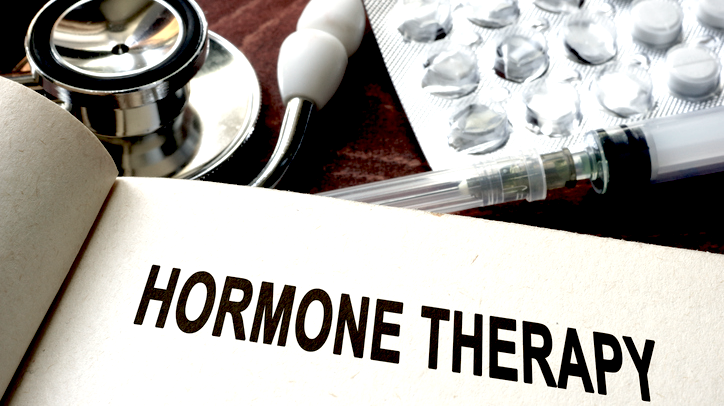An explanation of the relationship between hormone replacement therapy (HRT) and testosterone replacement therapy (TRT)
Testosterone replacement therapy (TRT) and hormone replacement therapy (HRT) are both medical treatments aimed at addressing hormonal imbalances in the body. While they share some similarities, they are primarily distinguished by the specific hormones they target and the conditions they are designed to treat.
Testosterone Replacement Therapy (TRT)
TRT is a type of HRT specifically focused on treating low testosterone levels, which can occur due to aging, certain medical conditions, or injury. Testosterone is a critical hormone for the development and maintenance of male secondary sexual characteristics and overall health. Low testosterone levels can lead to various symptoms, such as fatigue, mood changes, decreased sex drive, and reduced muscle mass. TRT aims to restore normal testosterone levels through the administration of testosterone via injections, gels, patches, or pellets.
Hormone Replacement Therapy (HRT)
HRT is a broader term that encompasses a variety of treatments designed to balance hormone levels in both men and women. HRT can involve the administration of various hormones, depending on the individual’s needs and the specific hormonal imbalance being addressed. Some examples include:
- Estrogen and Progesterone: These hormones are commonly prescribed to women experiencing symptoms of menopause or for those who have had a hysterectomy. HRT can help alleviate hot flashes, mood swings, and other menopause-related symptoms.
- Human Chorionic Gonadotropin (HCG) and Human Menopausal Gonadotropin (HMG): These hormones are often used in fertility treatments, as they stimulate the development and release of eggs in women and sperm production in men.
- Thyroid Hormone: Thyroid hormone replacement is prescribed for individuals with hypothyroidism (an underactive thyroid gland), which can cause symptoms such as weight gain, fatigue, and depression. This therapy helps to regulate metabolism and overall energy levels.
While TRT is a specific form of HRT that targets testosterone levels, HRT is a more general term that includes a range of hormonal treatments for various conditions. Both therapies aim to restore hormonal balance and improve the quality of life for individuals experiencing symptoms related to hormonal imbalances.
